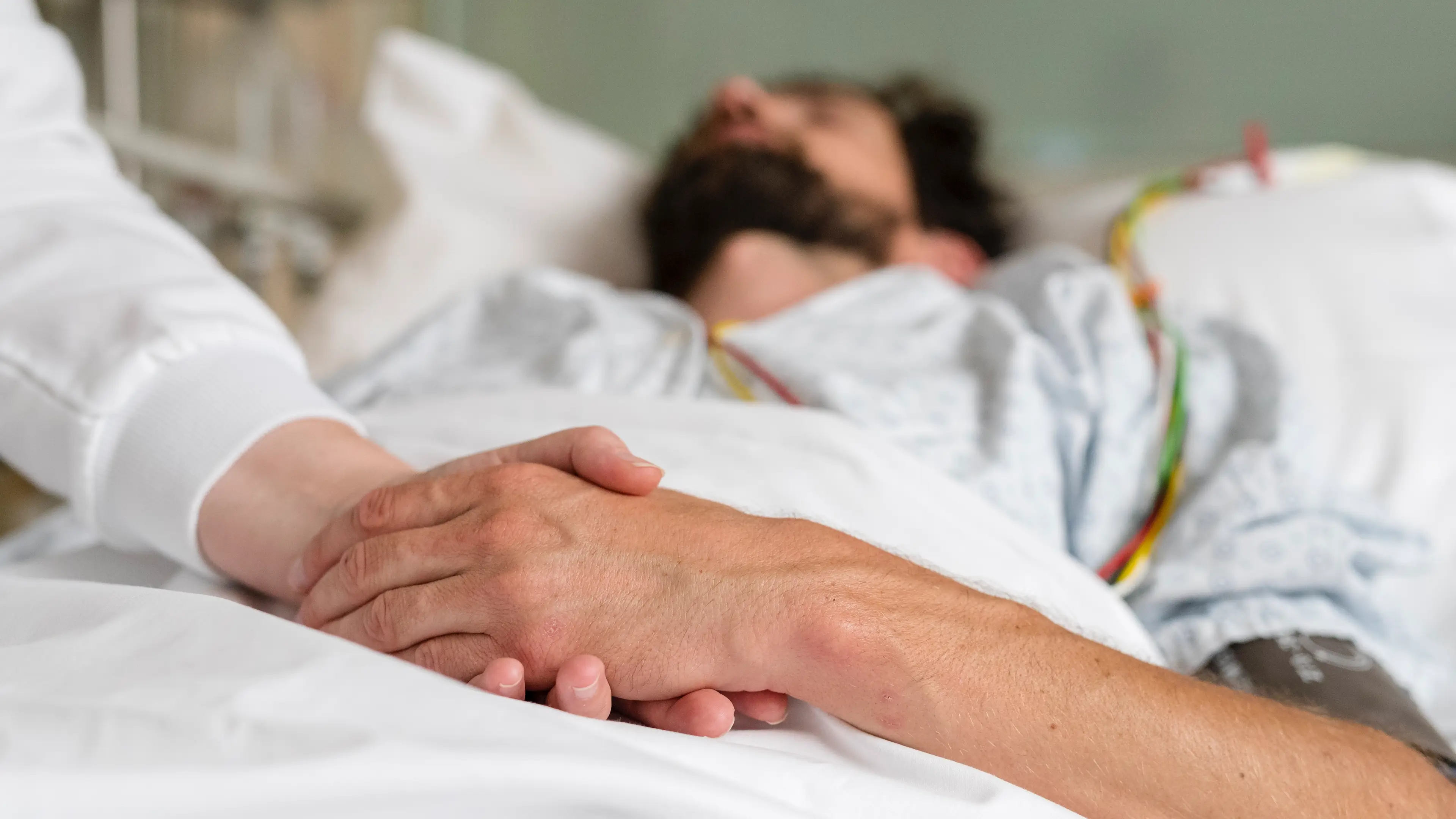
Death looks different for everyone, but there are six common warning signs that the end of someone's life is approaching, according to experts.
It generally makes us feel uncomfortable trying to picture how and when we might die, but it seems that we are actually more open to confronting the conversation when the time is near.
The way someone can die, including the symptoms displayed beforehand, varies vastly for everyone, but according to health experts, there are actually six common symptoms that show signs of the body shutting down.
And while many people will experience these symptoms day-to-day, a combination of these together could be pointing to something more serious.
Sleeping more

Advert
People who are close to death may sleep for long periods of time, or lose consciousness.
This might seem as though they are in a deep sleep, from which you cannot wake them, but they could have the capacity to hear your voice or even feel your touch against their skin.
This happens because your body's metabolism falls as you near death, and without that supply of energy, you’ll be increasingly fatigued.
Noisy breathing
According to the NHS, your breathing can take on a rattle or a certain noise that wasn’t there before due to a saliva or mucous build up.
This fluid can settle in your chest or throat, causing the air to struggle to pass by and create a noise.
Slow breathing
Some people may experience slow or paused breathing, known as Cheyne-Stokes breathing.
Crossroads Hospice explains that this ‘is an abnormal pattern of breathing commonly seen as patients approach death’.
Its website further states: "Patients who experience Cheyne-Stokes breathing will take several breaths followed by a long pause before regular breathing resumes.
"These cycles of breathing will become increasingly deeper and can be difficult for family members as they wait for the final breath to come."

Cold areas of the body
The NHS describes another symptom that someone could be approaching death is that their hands, feet, arms and legs may feel colder to the touch.
The service explained that even their ears and noses might get cold due to the reduced circulation happening in their body.
Thankfully, the NHS confirmed that it isn’t usually uncomfortable or painful for the person.
Mottled skin
Mottled skin can look like different coloured blotches or patches which can be blue, red, purple or brownish in colour.
The Hospice explained that mottling frequently occurs first on the feet, before traveling up the legs and to the rest of the body.
Mottling of skin typically occurs during the final week of life, and is caused by the heart no longer being able to pump blood effectively.
When this happens, a person’s blood pressure drops, which then cools down body parts and discolours the skin.
